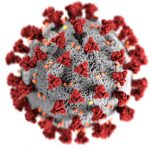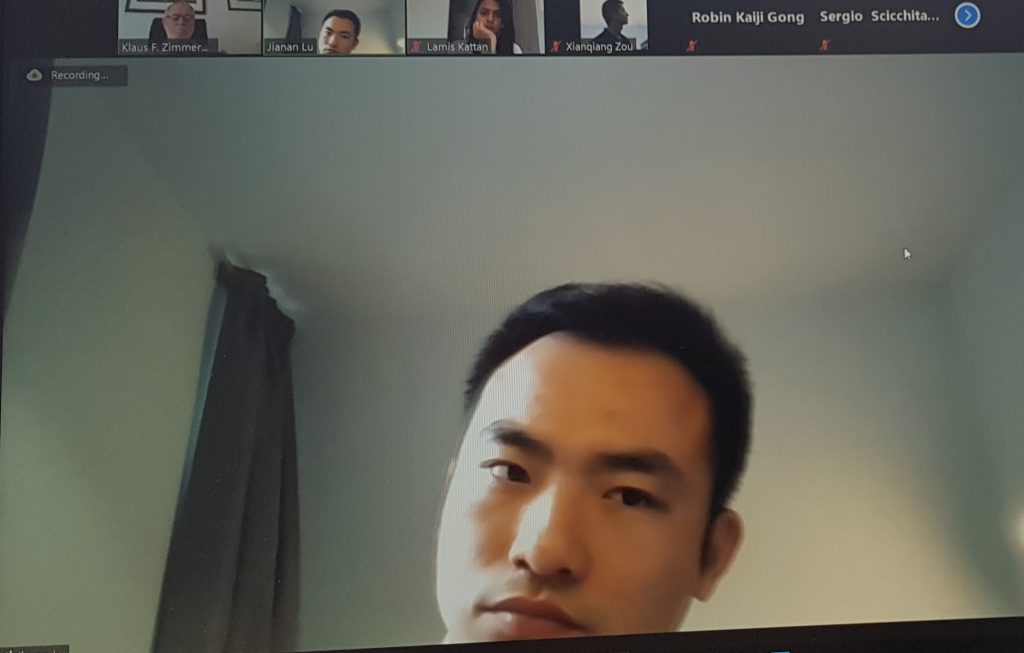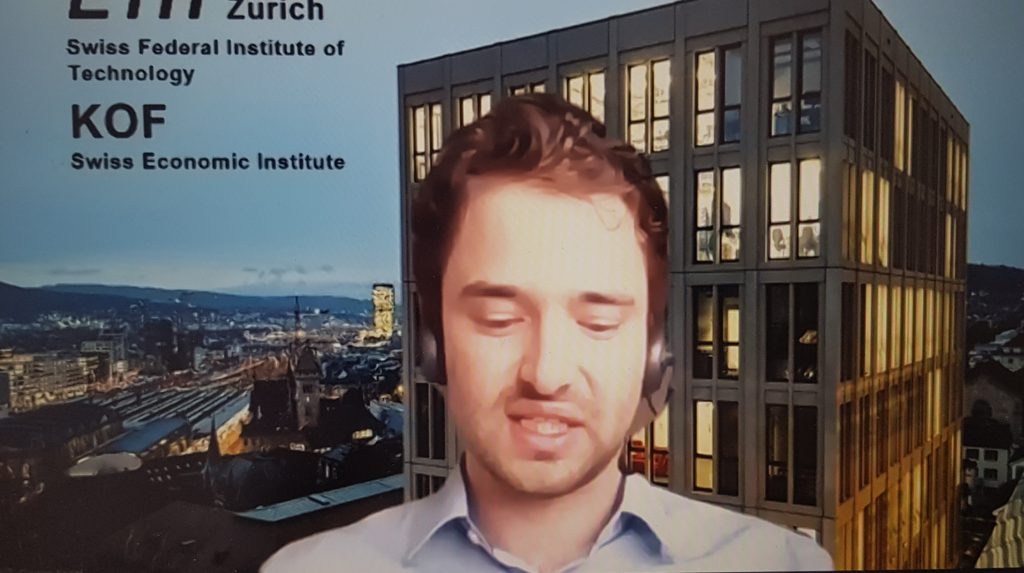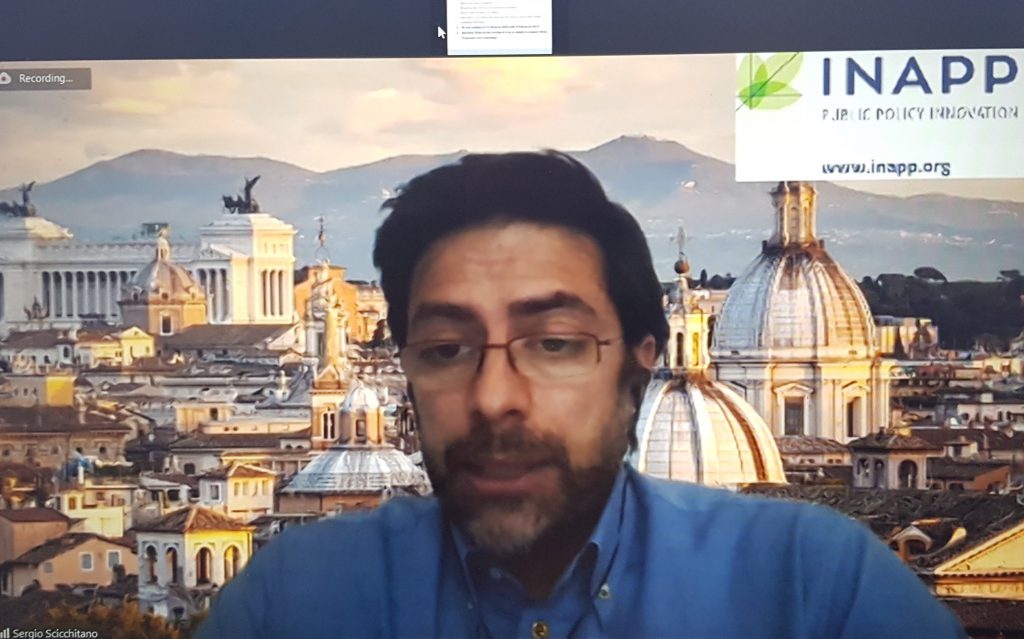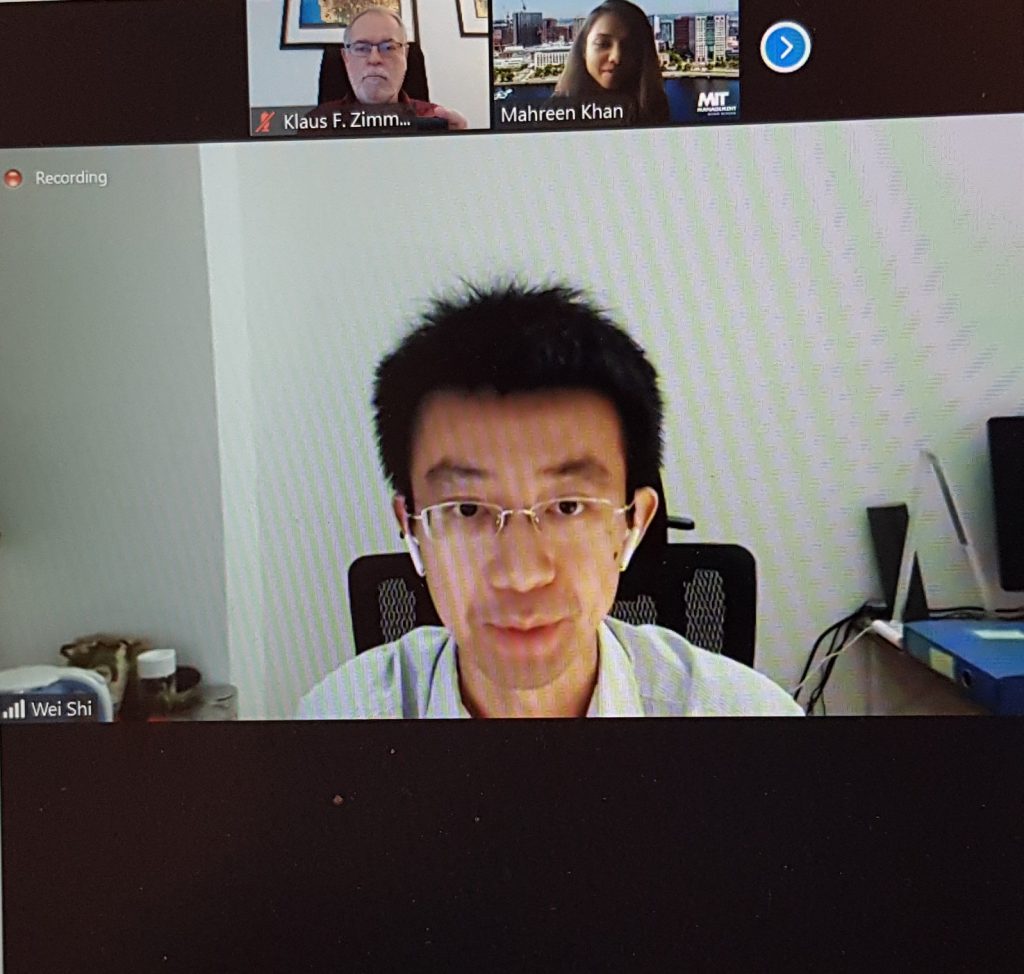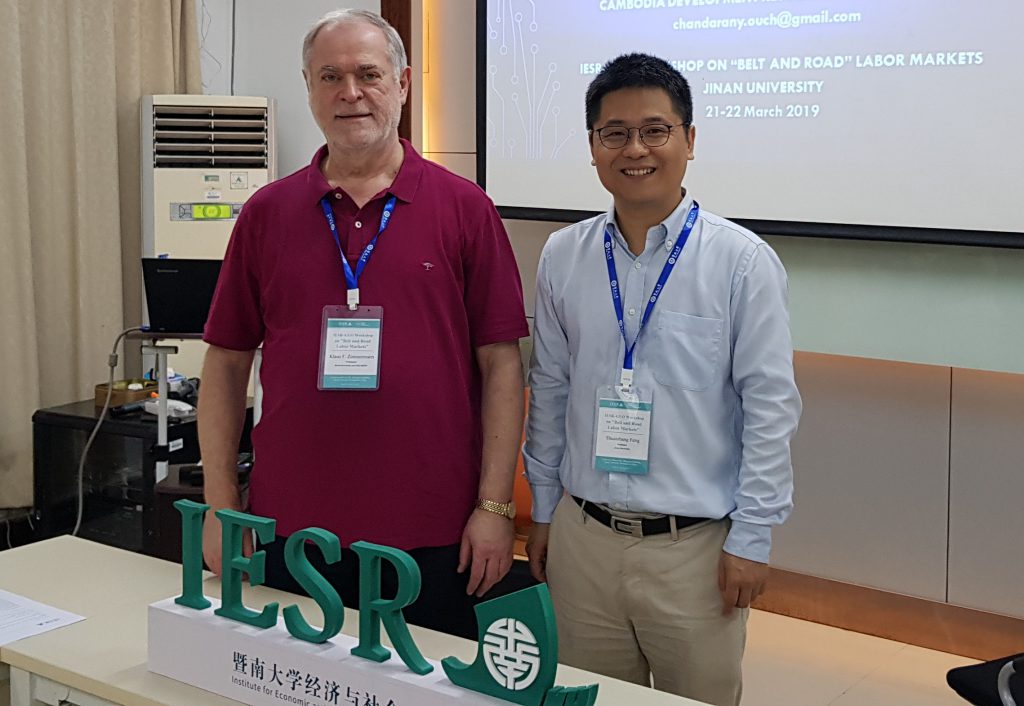The COVID-19 pandemic has made the situation of refugees much more dramatic. The world has to address this challenge as one of the top priorities. Researchers can contribute in the long-run through studies on the sources of conflict, on the way to successfully integrate refugees into host and new home countries, and helping to develop proper policy responses.

On June 20 is World Refugee Day declared by the United Nations to raise awareness. COVID-19 has replaced the refugee topic from the top ranks of the World’s media reports, but it is still there. UNHCR has published last Thursday its Global Report 2019 on the world-wide refugee situation. UNHCR Figures at a Glance:
_FiguresAtAGlance_Infographic(18JUN2020).png)
Recent studies by GLO Researchers:
GLO Discussion Paper No. 562
Occupational Sorting and Wage Gaps of Refugees
by Baum, Christopher F. & Lööf, Hans & Stephan, Andreas & Zimmermann, Klaus F.
REVISED DRAFT: Download PDF
Abstract
Refugee workers start low and adjust slowly to the wages of comparable natives. The innovative approach in this study using unique Swedish employer-employee data shows that the observed wage gap between established refugees and comparable natives is mainly caused by occupational sorting into cognitive and manual tasks. Within occupations, it can be largely explained by differences in work experience. The identification strategy relies on a control group of matched natives with the same characteristics as the refugees, using panel data for 2003–2013 to capture unobserved heterogeneity.
GLO Discussion Paper No. 538
Estimating Poverty among Refugee Populations: A Cross-Survey Imputation Exercise for Chad – Download PDF
by Beltramo, Theresa & Dang, Hai-Anh H. & Sarr, Ibrahima & Verme, Paolo
Abstract
Household consumption surveys do not typically cover refugee populations, and poverty estimates for refugees are rare. This paper tests the performance of cross-survey imputation methods to estimate poverty for a sample of refugees in Chad, by combining United Nations High Commissioner for Refugees survey and administrative data. The proposed method offers poverty estimates based on administrative data that fall within a 95 percent margin of poverty estimates based on survey consumption data. This result is robust to different poverty lines, sets of regressors, and modeling assumptions of the error term. The method outperforms common targeting methods, such as proxy means tests and the targeting method currently used by humanitarian organizations in Chad.
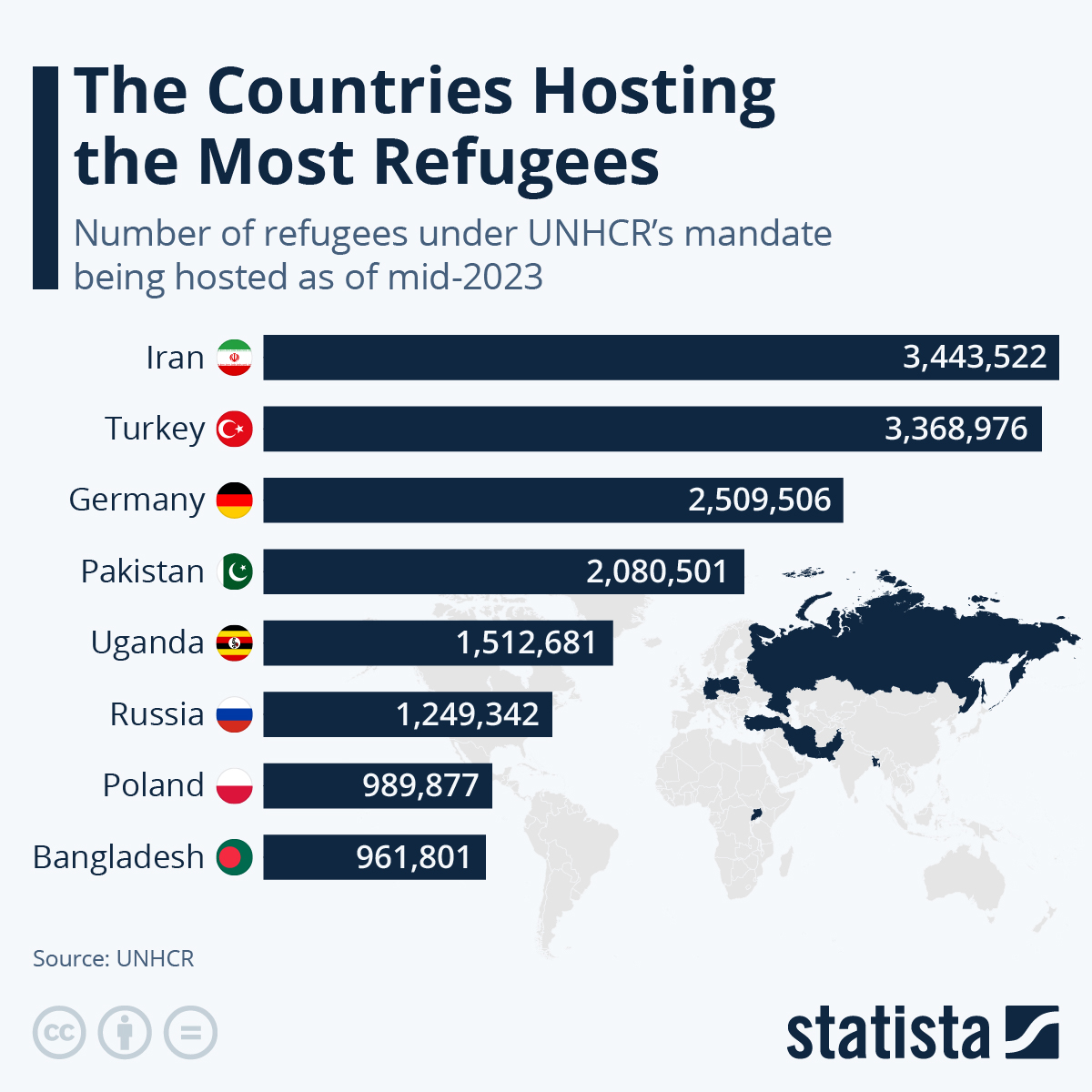
Klaus F. Zimmermann: Selected refugee research.
Zimmermann, Klaus F., Refugee and Migrant Labor Market Integration: Europe in Need of a New Policy Agenda. Presented at the EUI Conference on the Integration of Migrants and Refugees, 29-30 September 2016 in Florence. Published in: Bauböck, R. and Tripkovic, M., The Integration of Migrants and Refugees. An EUI Forum on Migration, Citizenship and Demography, European University Institute, Robert Schuman Centre for Advanced Studies, Florence 2017, pp. 88 – 100. Published Version of article. Published full book.
Constant, Amelie F. & Klaus F. Zimmermann, Towards a New European Refugee Policy that Works. UNU – MERIT Working Paper # 2016-062, CESifo DICE Report – Journal of International Comparisons, 2016, 4, pp. 3-8.
Zimmermann, Klaus F., Migrationspolitik im Mediensturm (Migration Policy in the Media Storm), Wirtschaftspolitische Blätter, 63 (2016), 497-508.
Holger Hinte, Ulf Rinne and Klaus F. Zimmermann: Flüchtlinge in Deutschland: Herausforderungen und Chancen (Refugees in Germany: Challenges and chances), Wirtschaftsdienst, 95 (2015), 744-751.
Ulf Rinne and Klaus F. Zimmermann: Zutritt zur Festung Europa? Neue Anforderungen an eine moderne Asyl- und Flüchtlingspolitik (Access to Fortress Europa? New demands on a modern asylum and refugee policy), Wirtschaftsdienst, 95 (2015), 114-120.
Michael Vogler, Ralph Rotte and Klaus F. Zimmermann: South-North Refugee Migration: Lessons for Development Cooperation, Review of Development Economics, 1 (1997), pp. 99-115. Reprinted in: K. F. Zimmermann and T. Bauer (Eds.), The Economics of Migration, Edward Elgar Publishing Ltd., Cheltenham 2002, Vol. I, Part I, pp. 122-138.
Klaus F. Zimmermann, European Migration: Push and Pull, Proceedings volume of the World Bank Annual Conference on Development Economics 1994, Supplement to The World Bank Economic Review and The World Bank Research Observer, 10 (1995), pp. 313-342. Reprinted in: International Regional Science Review, 19 (1996), pp. 95-128; K. F. Zimmermann and T. Bauer (Eds.), The Economics of Migration, Edward Elgar Publishing Ltd., Cheltenham 2002, Vol. I, Part I, pp. 70-99.

Ends;








